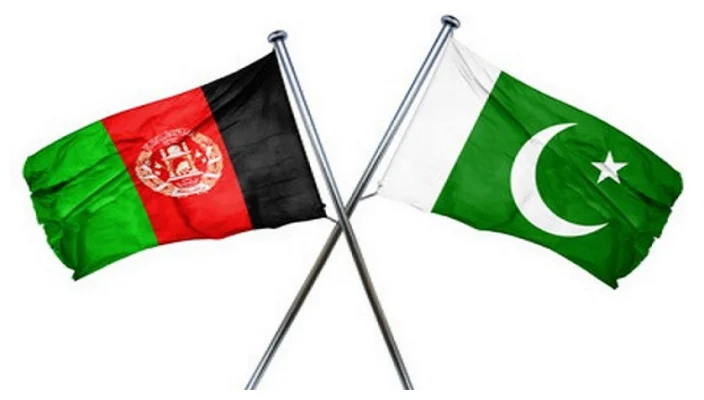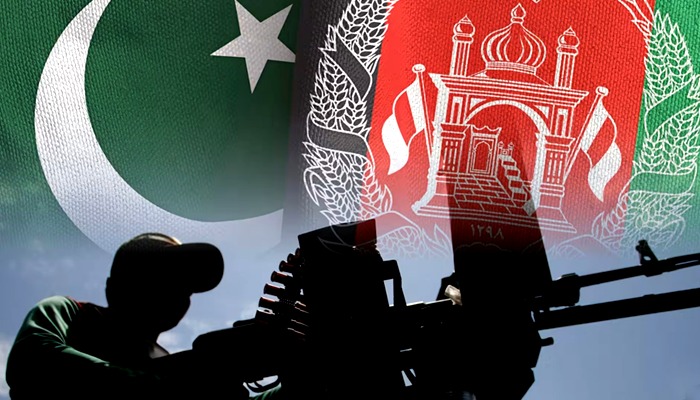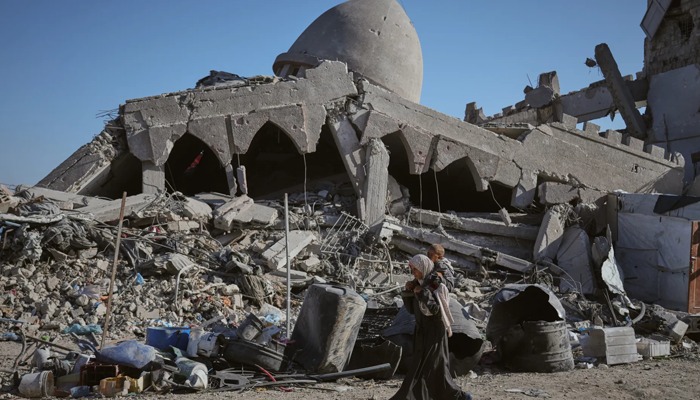As part of a new wave of penalties on Russia for its aggressive invasion of Ukraine, the European Commission suggested banning Russian coal on Tuesday.
“We will impose a 4 billion euro ($4.39 billion) per year import embargo on Russian coal.” “This will deprive Russia of another vital source of cash,” said European Commission President Ursula von der Leyen on Tuesday afternoon.
It marks a considerable increase in the number of sanctions levied against the Kremlin. Sanctioning Russia’s energy industry has proven difficult for the EU, considering the high level of reliance on the country’s resources by several member states.
In 2020, the EU imported 19.3 percent of its coal from Russia, according to figures from the European statistics office. In the same year, it imported 36.5 percent of its oil and 41.1 percent of its natural gas from the country. However, the committee has proposed that coal be included in a fifth package of penalties against Russia due to accumulating evidence of suspected war crimes committed by Russian soldiers in Ukraine.
“These heinous crimes must and will not go unpunished. “These horrific atrocities must not go unpunished,” stated von der Leyen.
“Clearly, in light of circumstances, we need to boost our pressure even more,” she added.
Sanctions against oil are also in the plans.
Europe is under increasing pressure to attack Russia’s energy industry, especially as energy-importing countries continue to bolster President Vladimir Putin’s war fund with oil and gas revenues on a daily basis.
However, the EU is divided on the subject, with some countries supporting a ban on Russian energy imports while others argue that doing so would harm their economies more than Russia’s.
These sanctions, on the other hand, would only be implemented if the conflict in Ukraine worsened.
Annalena Baerbock, Germany’s foreign affairs minister, stated Tuesday that the EU will soon stop buying Russian fossil fuels altogether, beginning with coal.
The EU’s most difficult decision would be to stop receiving Russian gas. Germany has been hesitant to do so, as have others like Hungary and Austria.
“We aim to be less dependent on Russian energy imports to the European Union in the short term,” German Finance Minister Christian Lindner told a foreign TV channel. “Germany would support stronger sanctions against Russia.”
“We need to put more pressure on Putin and isolate Russia – we need to sever all economic ties with Russia, but it’s not realistic to cut gas supply right now.”


















